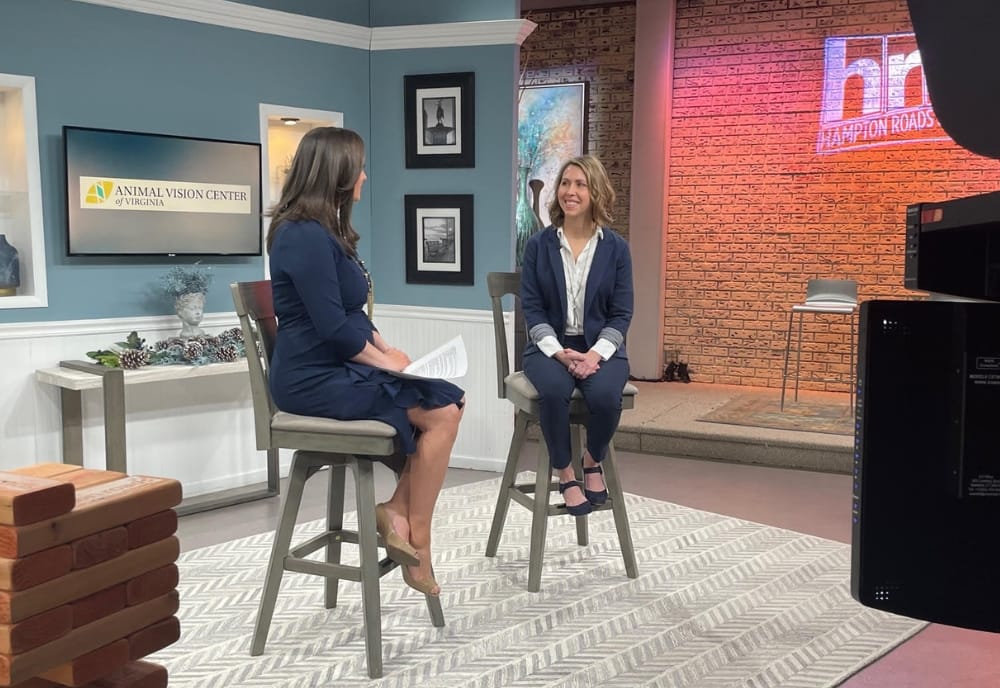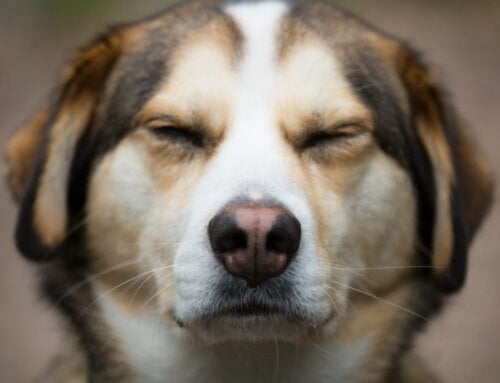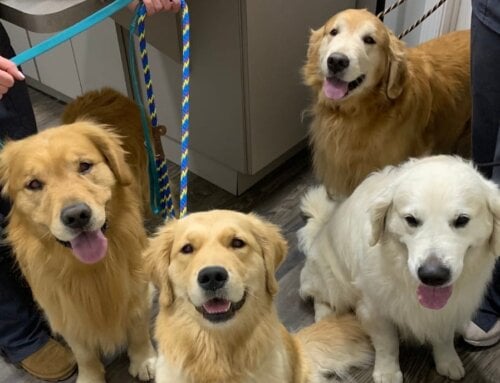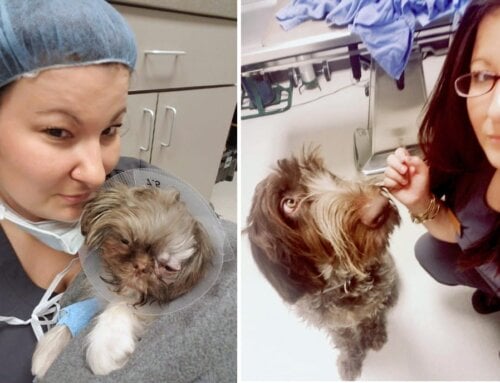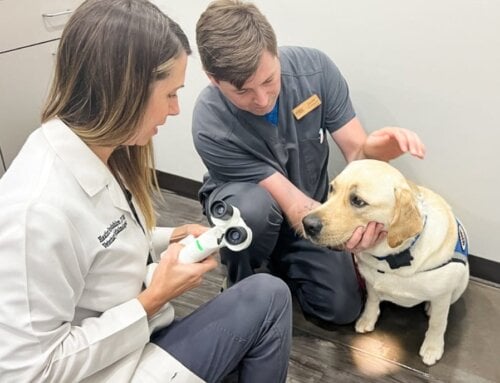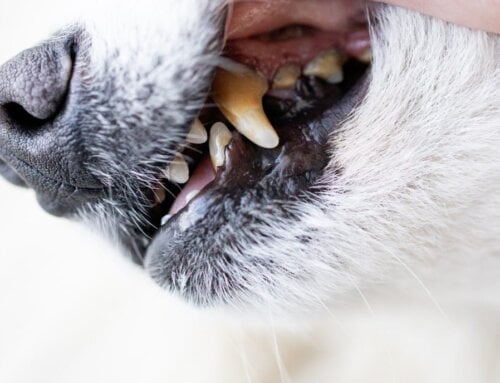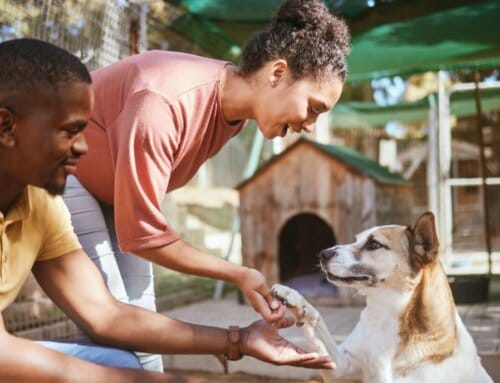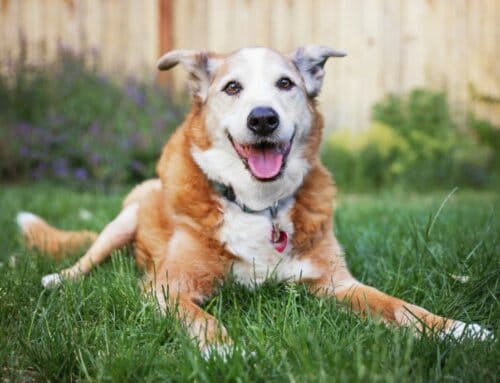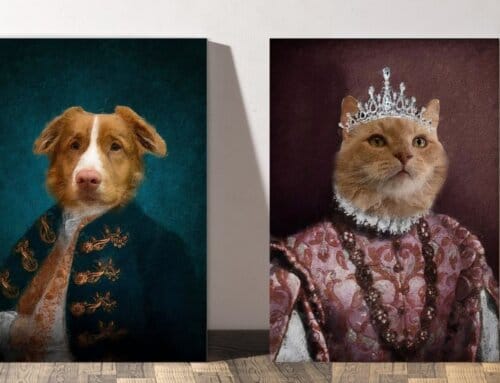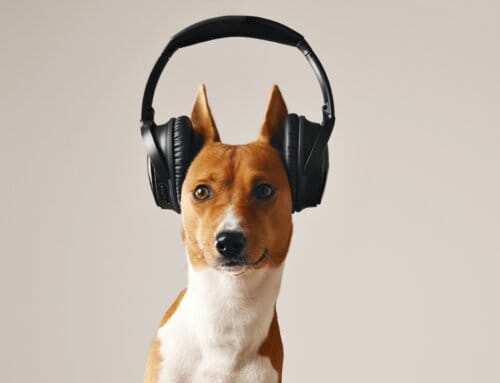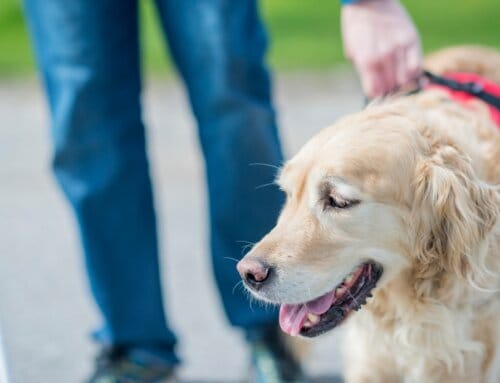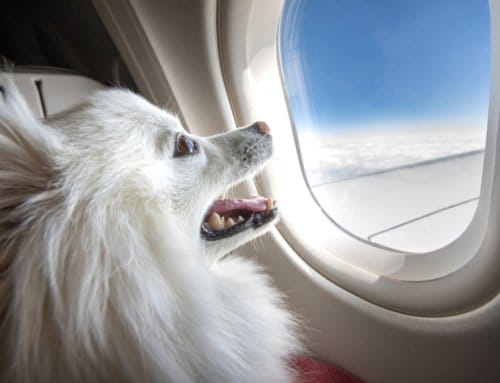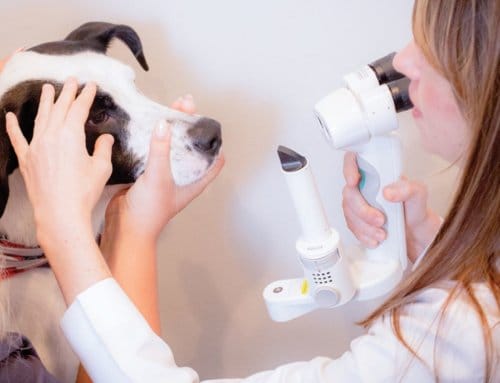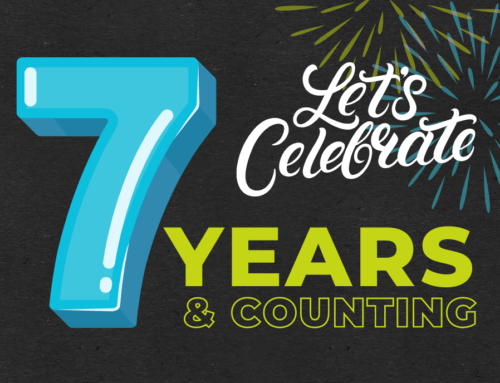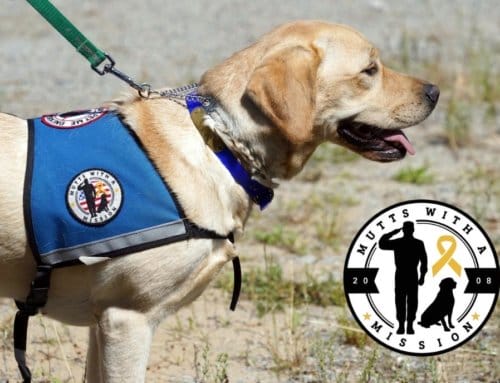The value of having animals undergo an annual physical checkup is widely known and practiced. But many pet owners don’t always recognize that eyesight quality is just as important for their pet’s overall health. In Focus caught up with Dr. Heather Brookshire, who provided an overview of veterinary ophthalmology and why it’s important to keep an “eye” on your pet’s ocular health. A board-certified veterinary ophthalmologist, she is the owner of Animal Vision Center of Virginia with two practices in Coastal Virginia.
Thanks to WAVY-TV for having Dr. Brookshire on the Hampton Roads Show! What a great opportunity to share an overview of veterinary ophthalmology and why it’s important to keep an “eye” on your pet’s ocular health.
Watch the Hampton Roads Show’s full segment featuring Tara Wheeler with Dr. Heather Brookshire here, press play on the embedded video, or read the Q&A recap below.
For those who aren’t familiar with veterinary ophthalmology, why is eye care important for animals?
An animal’s vision and ocular comfort are key elements to their living an active, healthy life. Animals develop very similar ocular conditions to people. As a pet owner, it is important to know the signs to look for in your pet that could indicate an ocular problem. These indicators can include: ocular cloudiness, redness or swelling, discharge, or squinting. When animals experience loss of vision, they often show a reluctance to move around the house or bump into objects. Occasionally they may show behavioral changes such as anxiety or aggression. If you observe any of these signs, there could be an underlying ocular concern and it’s good to have their eyes evaluated.
What are some of the medical conditions that could affect a pet’s eyesight?
Corneal ulcers, dry eye, cataracts, glaucoma, even high blood pressure; these are just a few of the ocular conditions we treat. Some are highly visible, such as a prolapsed nictitans gland (“cherry eye”), while others can be more difficult to see without specialized equipment. A number of conditions can be treated with non-surgical therapies and medication. When surgery is needed, we have a state-of-the-art surgical suite to handle everything at our practice.
Our veterinary ophthalmologists perform cataract surgery, glaucoma implant and laser surgeries and corneal crosslinking and graft surgeries on a routine basis. We also help clients whose pets are experiencing low- or no-vision through our “Be Kind, I’m Blind” program, which offers guidance on how they can nurture their blind dogs.
What takes place during an eye exam?
During the exam, we first look at the eye and surrounding structures as a whole and then use a slit-lamp biomicroscope to evaluate the front portion of the eye. We are looking for any conformational or ocular surface disease. Next, we look at the back of the eye (retina and optic nerve) using indirect ophthalmoscopy. Finally, we often take anterior and/or posterior photographs so we can share our findings with our clients and their family veterinarian. The entire process is completely painless. We often hear from clients, with even the most anxious or fearful of pets, that they enjoy visiting our practice.
What types of animals do you see?
As our tag lines says, we provide “ophthalmic care for animals of all shapes and sizes” – dogs, cats, horses, reptiles, birds … you name it. We work with several wildlife rehabilitation organizations, and occasionally, our team will work offsite to assist with animals in locations such as the Norfolk Zoo or Virginia Living Museum. We also provide annual eye screenings for the City of Virginia Beach mounted patrol horses and K9 units.
Your practice is growing. Tell us about your exciting expansion plans.
We are growing! We launched Animal Vision Center of Virginia in 2015 in the Great Neck area of Virginia Beach, yet it seems like it was only yesterday. Since then, we’ve gone from having one tireless, dedicated office manager to 11 team members, including 2 residents and 1 specialty intern. We expanded our Great Neck twice and opened our Chesapeake practice in in 2022. Now we are relocating from Great Neck to the historic Pembroke Manor House in Virginia Beach. This means we can accommodate more pet patients, along with something I’ve always wanted— a low-vision park for dogs with vision impairments.
Anything else on the horizon?
For now, we’ll focus on taking a breath, enjoying our work and connecting with the wonderful pets we see. Helping them live better lives through better vision; that’s what it’s all about.
Find out more about Animal Vision Center of Virginia in this interview on WAVY-TV’s “Hampton Roads Show.”
